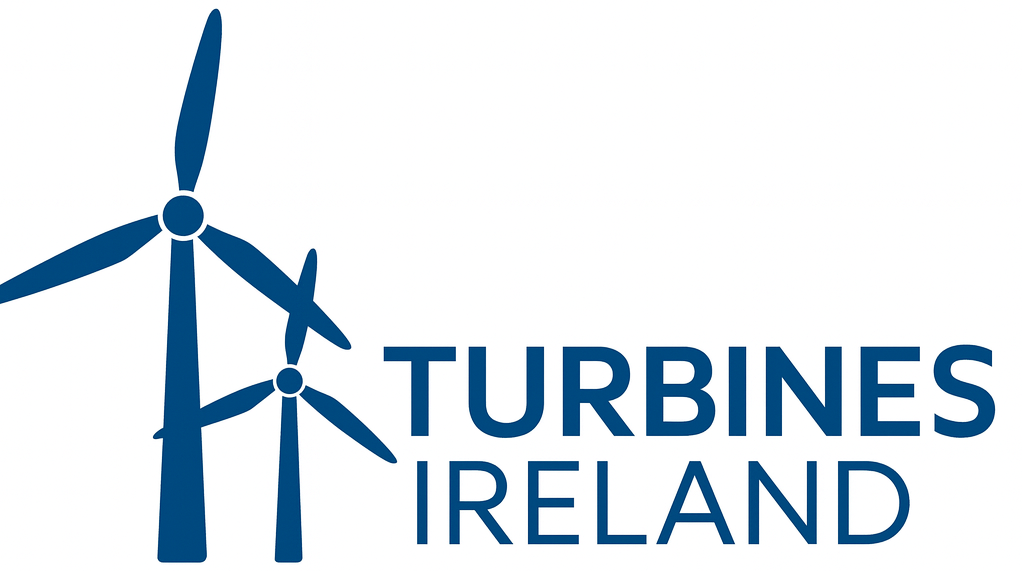
Welcome to the world of renewable energy! As our planet faces pressing challenges related to climate change and fossil fuel depletion, it has become increasingly important to embrace alternative sources of energy. Renewable energy offers a promising solution, and educating the next generation about its benefits and potential impact is crucial. In this blog post, we will explore the world of renewable energy and discuss how we can teach our children about this important topic.
Why Teach Renewable Energy?
Renewable energy, such as solar, wind, hydro, and geothermal power, offers numerous benefits over traditional fossil fuels. By teaching the next generation about renewable energy, we can:
- Encourage environmental consciousness and sustainability.
- Promote energy independence and reduce reliance on fossil fuels.
- Showcase potential job opportunities in the renewable energy sector.
- Inspire innovative thinking and problem-solving skills.
- Empower students to become advocates for a cleaner planet.
Integrating Renewable Energy into Education
Now that we understand the importance of teaching renewable energy, let’s explore some practical ways to integrate it into education:
1. Curriculum Integration:
Renewable energy can be seamlessly integrated into various subjects, including science, technology, engineering, arts, and mathematics (STEAM). For example:
- In science classes, students can learn about the environmental impact of different energy sources and conduct experiments to understand renewable energy systems.
- In technology and engineering classes, students can design and build small-scale renewable energy projects, such as solar-powered cars or wind turbines.
- In arts classes, students can express their creativity by designing posters or creating videos that raise awareness about renewable energy.
- In mathematics classes, students can analyze data related to renewable energy production and consumption, and calculate potential energy savings.
2. Hands-on Experiments:
Engage students by conducting hands-on experiments that demonstrate the principles of renewable energy. Here are a few ideas:
| Experiment | Objective |
|---|---|
| Building a Solar Oven | Showcasing the potential of solar energy to cook food without electricity or gas. |
| Constructing a Wind Turbine | Understanding the conversion of wind energy into electrical energy. |
| Building a Hydroelectric Generator | Exploring the power of moving water to generate electricity. |
3. Field Trips and Guest Speakers:
Arrange field trips to renewable energy facilities, such as solar or wind farms, to provide students with real-world exposure to these technologies. Additionally, invite guest speakers, such as professionals working in the renewable energy sector, to inspire and share their experiences with students.
4. Project-Based Learning:
Encourage students to take on projects that involve designing and implementing renewable energy solutions. For example:
- Task students with creating a sustainable energy plan for their school or community.
- Challenge them to build a model renewable energy system with available materials.
- Host a science fair where students present innovative renewable energy solutions.
Resources for Teaching Renewable Energy
To effectively teach renewable energy, it is important to have access to educational resources. Here are some helpful online tools and materials:
- Energy.gov offers a range of lesson plans, videos, and activities for different grade levels.
- The National Energy Education Development (NEED) Project provides comprehensive energy education resources, including workshops for teachers.
- Koshland Science Museum offers interactive online exhibits that introduce renewable energy concepts.
- Visit your local library for books and publications on renewable energy suitable for young readers.
The Future is Renewable!
By teaching the next generation about renewable energy, we can create a better future for our planet. Incorporating renewable energy into education empowers students to become environmentally conscious and prepares them for a world that increasingly relies on clean energy sources. Let’s inspire and educate the next generation, harnessing their potential to drive positive change!
